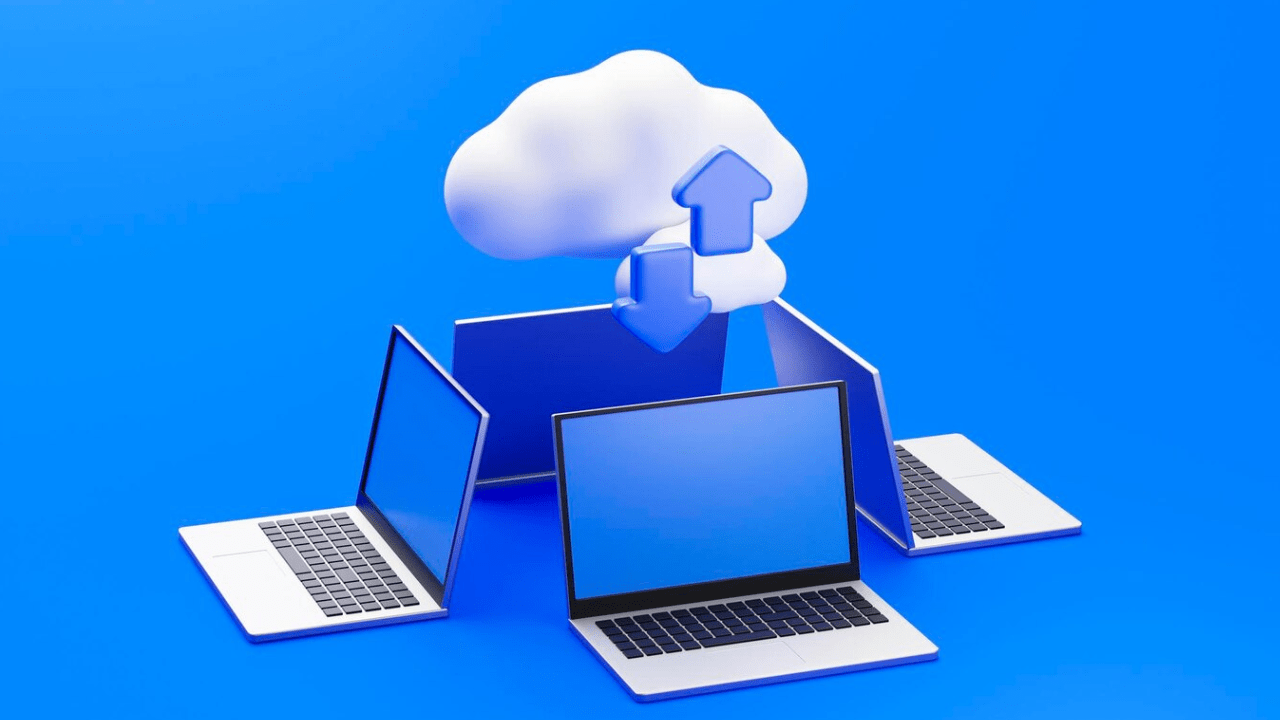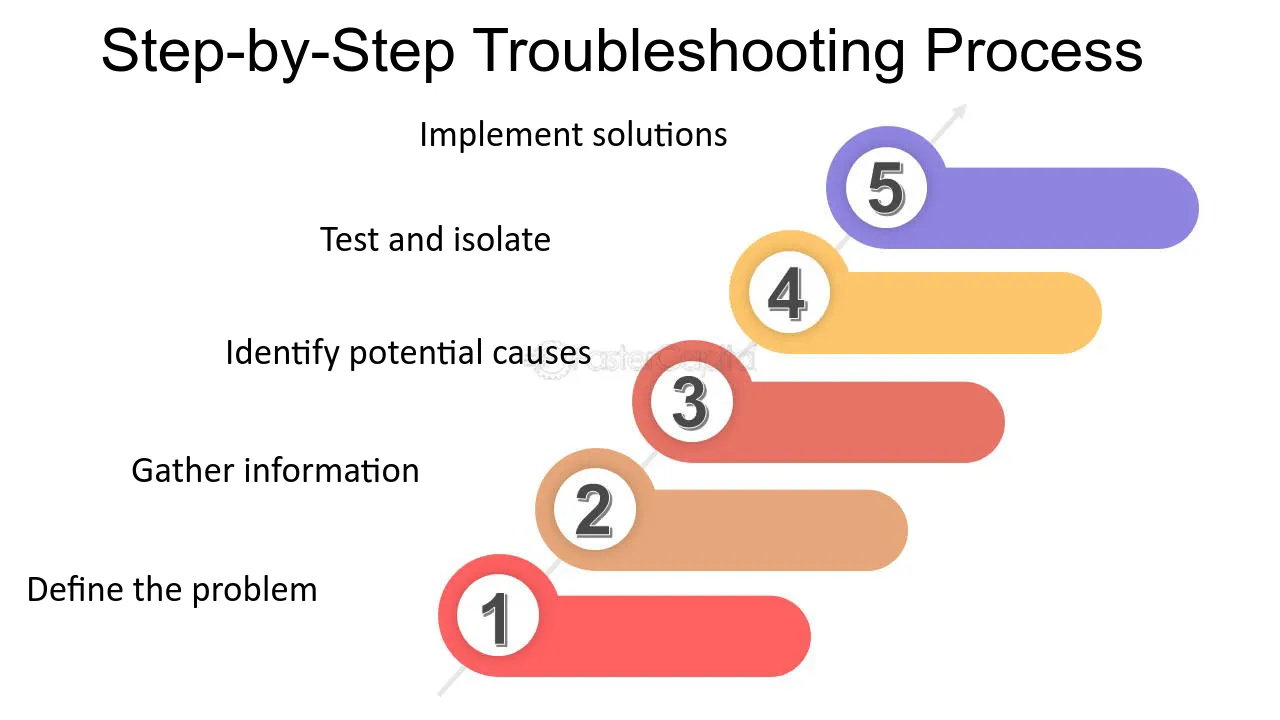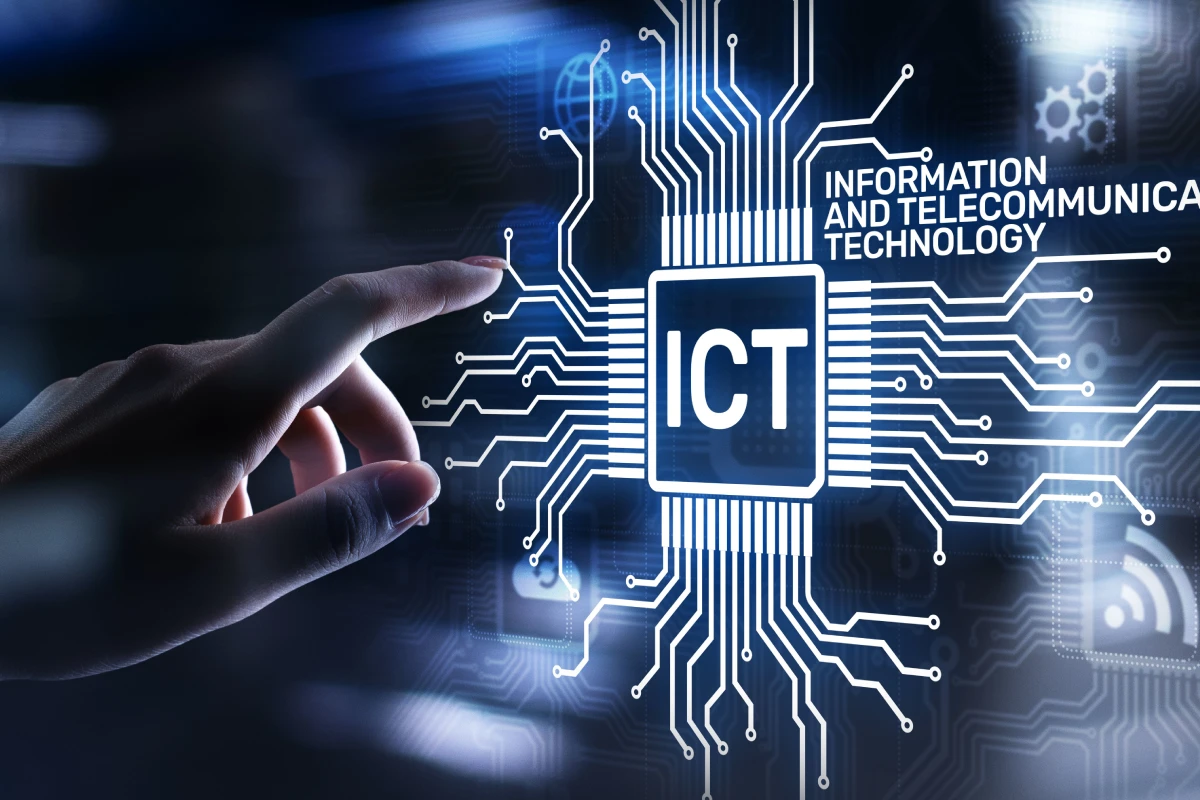What is IT?
Information technology (IT) refers to the use, development, and management of computer-based systems and software to store, process, transmit, and retrieve data. IT professionals are responsible for maintaining and managing computer systems, networks, and databases to ensure the smooth operation of an organization’s technology infrastructure.
Key aspects of IT include:
- Hardware: IT professionals work with computer systems, servers, and other physical devices to ensure their proper functioning.
- Software: IT professionals develop, install, and maintain software applications and operating systems.
- Network: IT professionals manage and maintain computer networks to enable data communication and resource sharing.
- Security: IT professionals implement measures to protect computer systems and data from unauthorized access and cyber threats.
- Support: IT professionals provide technical support and assistance to end-users, troubleshooting issues and resolving technical problems.
What is ICT?
Information and communications technology (ICT) is a broader term that encompasses IT but also includes the use of communication technologies, such as telecommunication networks and the internet, to enable the exchange of information. ICT focuses not only on the technology itself but also on how it is used for communication and collaboration.
Key aspects of ICT include:
- Information Systems: ICT professionals design, develop, and manage information systems that integrate hardware, software, and communication technologies.
- Telecommunications: ICT professionals work with telecommunication networks to enable voice, data, and video communication.
- Internet Technologies: ICT professionals utilize internet technologies to facilitate information sharing, online collaboration, and e-commerce.
- Digital Media: ICT professionals create and manage digital content, such as websites, multimedia presentations, and social media platforms.
- Data Management: ICT professionals handle the collection, storage, and analysis of data to support decision-making processes.
Are IT and ICT the same?
Although IT and ICT are closely related, they are not the same. IT focuses primarily on the management and use of computer-based technology, whereas ICT encompasses a broader range of technologies that facilitate communication and information exchange.
To put it simply, IT is a subset of ICT. IT is concerned with the technical infrastructure and systems that enable the processing and storage of data, while ICT includes IT but also encompasses telecommunication networks, internet technologies, and digital media.
Which is better?
The question of which is better, IT or ICT, depends on your interests, skills, and career goals. Both fields offer rewarding career opportunities and play vital roles in various industries.
If you have a strong passion for computers, software development, and networking, a career in IT may be the right choice for you. IT professionals are in high demand, and the field offers a wide range of roles, including system administrators, network engineers, software developers, and cybersecurity specialists.
On the other hand, if you have an interest in communication technologies, internet technologies, and digital media, pursuing a career in ICT may be more suitable. ICT professionals have opportunities in areas such as telecommunications, web development, digital marketing, and data analysis.
Ultimately, the choice between IT and ICT comes down to your personal preferences and career aspirations. It is essential to evaluate your skills, interests, and long-term goals to make an informed decision.
Recommended for you
-
Cloud Computing Technician Training
The “cloud” refers to resources hosted in a data center that you access over the internet. Rather than keeping data or operating applications on your own computer or in-house server.
Computer Network Technician
IT security refers to the measures taken to protect digital systems, networks, and information from theft, harm, or unauthorized interference.
Examples of IT vs ICT Technologies
To further illustrate the differences between IT and ICT, let’s take a look at some examples of technologies associated with each field:
IT Technologies:
- Server administration and management
- Database management systems
- Software development and programming
- Network infrastructure and security
- Hardware maintenance and troubleshooting
ICT Technologies:
- Voice over Internet Protocol (VoIP) systems
- Web development and design
- Digital marketing and social media management
- Cloud computing and storage
- Data analytics and business intelligence
These examples highlight the distinctive areas of focus for IT and ICT professionals. IT technologies are more centered around computer systems and network management, while ICT technologies encompass a broader range of communication and internet-based technologies.
Final Thoughts
In conclusion, IT and ICT are related but distinct fields within the technology industry. IT focuses on the management and use of computer-based systems and software, while the other encompasses the use of communication technologies to enable information exchange. The choice between IT and ICT depends on your interests, skills, and career goals.
If you are considering a career in IT or ICT, CCI Training Center can help you achieve your goals. With flexible training options, financial aid options available, and career services, CCI Training Center provides the support and resources you need to succeed in the technology industry. Whether you choose to pursue a career in IT or ICT, CCI Training Center can guide you on the path to success.
Remember, the technology industry is constantly evolving, and staying current with the latest trends and advancements is crucial for success. Continuously expanding your knowledge and skills through training and professional development will ensure that you remain competitive in the ever-changing technology landscape.
So, whether you choose to pursue a career in IT or ICT, embrace the opportunities that the technology industry has to offer and embark on a rewarding and fulfilling career path.
Choose the Perfect Program for You
Find your ideal path in IT or ICT and start your journey today!

FAQ
1. What are the key differences between ICT and IT?
IT focuses on managing data, software, and internal systems, while ICT includes IT plus communication technologies like networks, mobile, and broadcasting.
2. Is ICT a broader concept than IT?
Yes, ICT is broader. It covers both information technology and communication tools, whereas IT is more focused on managing and securing data and systems.
3. How does ICT contribute to communication compared to IT?
ICT enables communication through tools like the Internet, mobile networks, and video conferencing. IT focuses more on internal system management and data security.
4. What career opportunities are available in ICT versus IT?
IT careers include roles like Network Administrator, IT Support Specialist, and Software Developer. ICT careers cover roles like ICT Technician, Network Engineer, and Telecommunications Specialist.
5. Which industries rely more on ICT than IT?
Industries like telecommunications, media, and entertainment rely more on ICT, while IT is critical in sectors like finance, healthcare, and education.
6. Are ICT and IT degrees the same?
No, ICT degrees often include communication technologies, while IT degrees focus on data management, network security, and software development.
7. How has ICT expanded the scope of traditional IT?
ICT broadens traditional IT by adding telecommunications, mobile networks, and media technology, making it essential for global connectivity and communication.
8. Why is ICT considered essential in education and business?
ICT enables digital communication, online learning, and business connectivity, making it vital for collaboration, remote work, and global communication in both fields.
Carey Maceira
Related Articles














